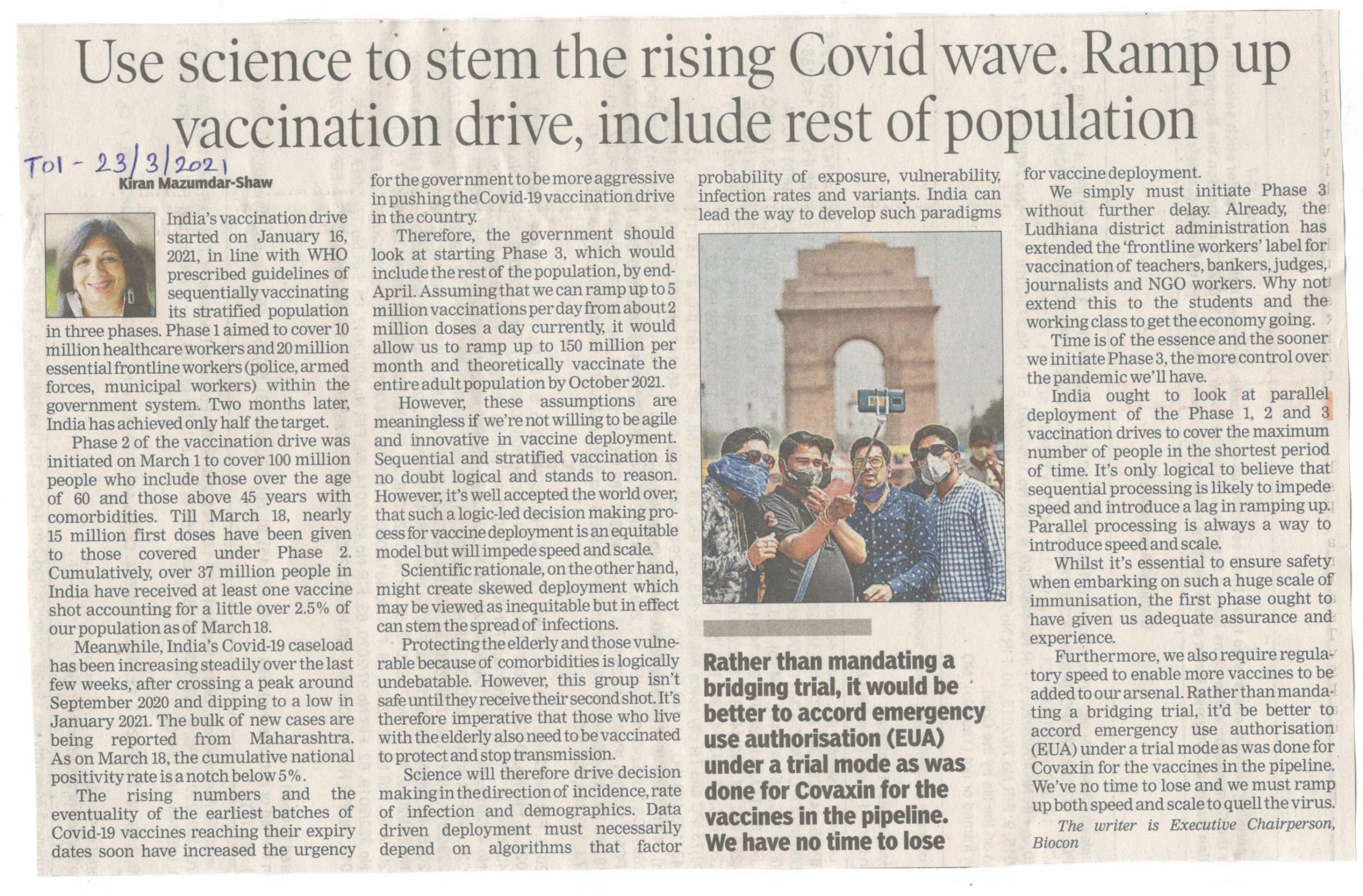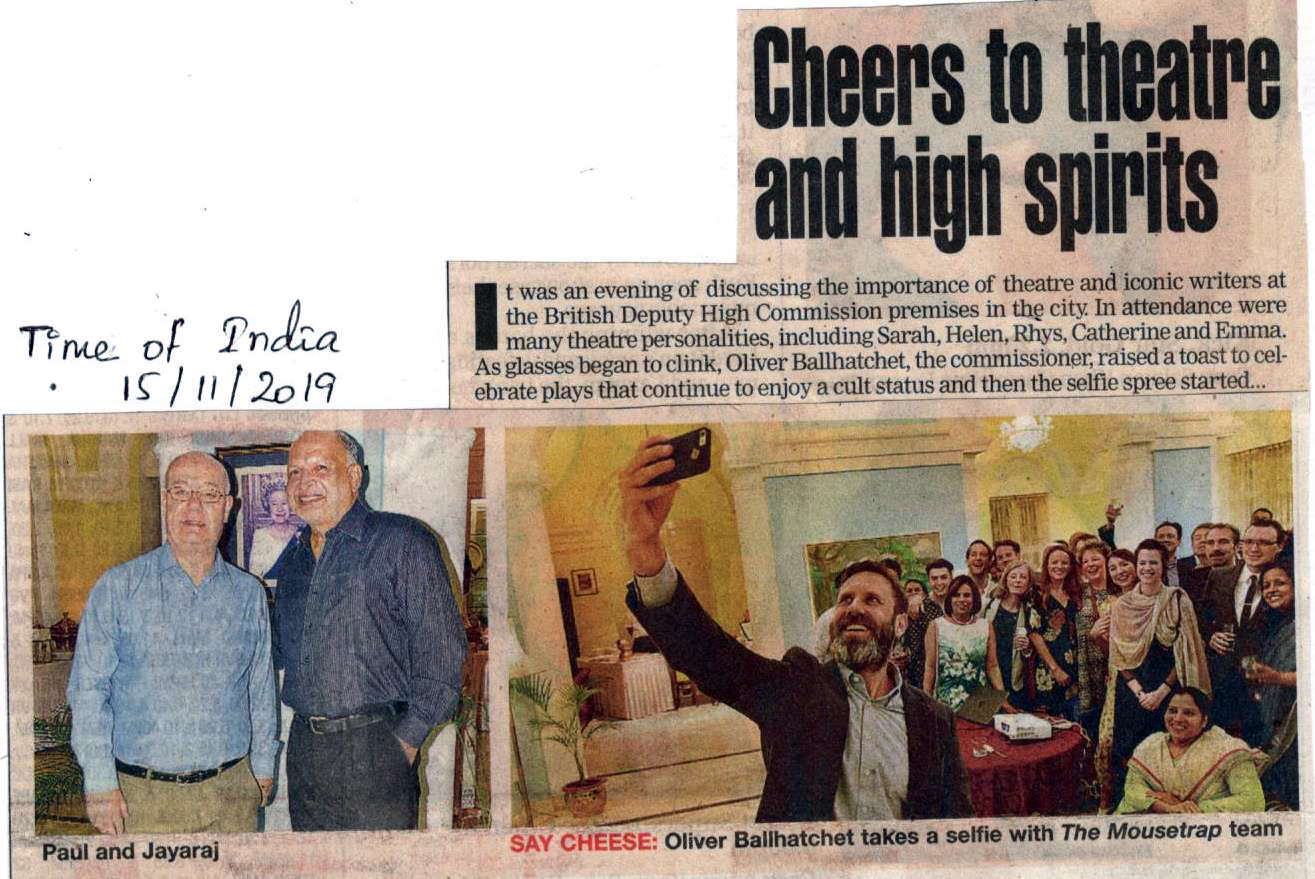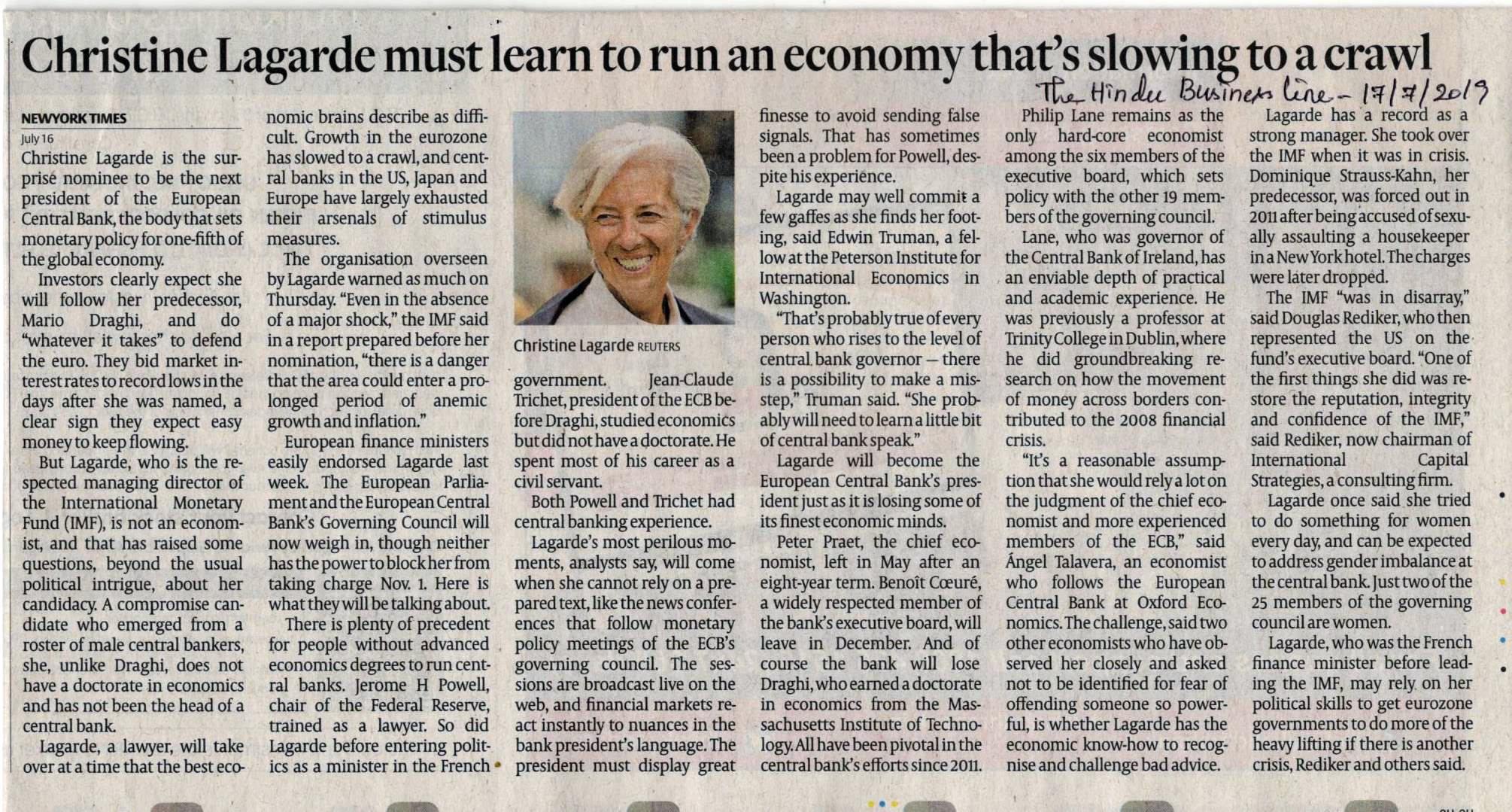Savita Subbaraya & Uma Ravishankar
Over past two decades, women have made great strides in the workplace, standing shoulder to shoulder with men on basis of their own capabilities. However, in the corporate leadership echelons, women are still in low numbers. Leaders like Indira Nooyi and Kiran Mazumdar Shaw are exceptions that prove the rule.
In order to more closely examine the phenomenon of women in leadership and to look at what can be done, the Bangalore Chapter of LinkedIn Local organised a virtual panel discussion with industry stalwarts such as T R Parasuraman, Dipika Trehan, Kavitha Rao and our own Vikas Chawla on the panel. The event took place in july’20 hosted by Kiran Addala and moderated by Uma Ravishankar.
Mr. T R Parasuraman, Deputy Managing Director, Toyota Industries Engine. started the proceedings with examples from his own life – personal and professional. He was in awe of contributions he had seen from women in his team. His firm opinion was industries could only benefit by the equal involvement of men and women in all aspects – from decision making to execution. Ms. Dipika Trehan, CEO of Corporate Diva, agreed that lot of skills were gender neutral. What held women back was the diffidence women tend to feel and show. She cited the all-too-common example of a couple of candidates for a leadership role. Both were equal in experience and skills, the only differentiating factor being gender. While the gentleman being interviewed had plans in place for how he would lead the team and the functions, the lady was wracked by doubt about whether she could handle the role. This diffidence and self-doubt would prove to be her undoing. It is important for women to be confident in themselves and their abilities and to stop second guessing themselves. Women need to exude self-awareness and self-esteem in order to move ahead.
Kavitha Rao, Director at Learners Route India, spoke next describing how avenues have been opening up for women in recent past. Women have grabbed these opportunities to contribute immensely, especially in urban areas. However, until recently women were stereotyped into ‘caring and nurturing’ roles within the workforce. Therefore, while women predominate in fields like HR, teaching and nursing, leadership roles for women remain elusive.
Ms. Trehan voiced the idea that it is perhaps time for the scope of leadership to change. Leadership is not about aggression. Multi-tasking, the ability to build a cohesive team, firmness in decision making and attention to detail along with a bird’s eye view are all important facets to leadership. These are skills that can be as much a part of a woman’s psyche as a man’s It is here that women in leadership roles will play a big part.
Vikas Chawla of Social Beat, added that an important skill that women bring to the table is creativity. Social Beat’s team of 170+ members has as many women as men at all levels, including leadership. Mr. Chawla felt that women are natural at finding creative solutions and only need to harness this skill and bring it to the workplace to thrive. The discussion concluded that physiology aside, men and women are equally capable in leadership. It is perhaps time to change leadership towards skills perspective to engender great leadership









